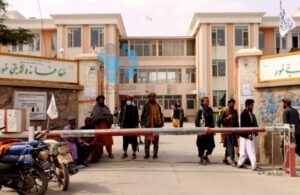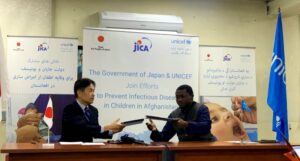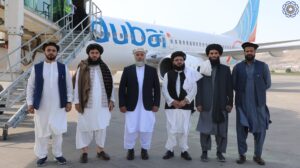MONITORING (SW) – The Armed Conflict Location & Event Data Project (ACLED) has said in a fresh report that since the fall of Kabul, civilians have continued to be targeted by the Taliban and the Islamic State (IS), as well as by unidentified armed groups.
It said the Taliban has been the main perpetrator of violence targeting civilians, perpetrating over half of the violence targeting civilians recorded by ACLED since 15 August 2021.
Civilians have been targeted for their profession, ethnicity, and religion. Most notably, former government officials and security forces have been targeted, with nearly 30% of Taliban violence targeting civilians directed towards such individuals since 15 August 2021. Many have been detained and held incommunicado (Human Rights Watch, 30 November 2021). Their families also face abuse. In one case, the brother of a senior security officer was killed when the Taliban could not reach the officer himself; the officer had reportedly fought on the frontlines against Taliban forces in past years (Shafaqna, 1 March 2022).
The Taliban has also targeted tribal and minority communities perceived to support previous governments, forcibly seizing land belonging to such communities. Hazaras, Uzbeks, and Tajiks have been targeted due to their participation in anti-Taliban alliances in the 1990s (Gandhara, 9 December 2021). The Taliban has been accused of seizing and redistributing land to communities supporting the group, such as Pashtun tribes (Human Rights Watch, 22 October 2021).
The second most common perpetrators of violence targeting civilians in Afghanistan since the fall of Kabul are unidentified armed groups. Since 15 August 2021, 39% of violence targeting civilians recorded by ACLED has been committed by unidentified armed groups.6 Violence perpetrated by such groups includes attacks, abductions, and assassinations. Armed groups may favor anonymity when targeting civilians so as to distance themselves from violence and its social consequences (ACLED, 9 April 2015).
It added that since the Taliban came to power, new actors have emerged to contest Taliban rule. A key armed group that has emerged is the NRF, which was formed in the Panjshir valley by the son of Ahmad Shah Massoud, a leader in the resistance to the Taliban in the 1990s (The Diplomat, 15 December 2021). Mobilizing against the Taliban, the NRF has been active in the northern provinces of the country, including Panjshir, Kapisa, Baghlan, and Parwan.
ENDS






